
Clickbait aside… That’s what you think, isn’t it? It’s what I think, and more and more I’ve come to find it’s a terrible little voice that haunts all us creatives, professional or not. But more so for those of us professionally working creatives and ten times more for those of us who seem to be able to have lucked into making a successful living at it. It might simply be the feedback and attention that basic level of success breeds, social media as an amplifier… I’m not particularly sure where this demon monkey comes from, who summoned it, but I don’t think I have yet to meet a working creative that when asked if they feel this way about themselves, don’t answer, with an alarming immediacy, that they do. Why is this? The real problem is the source. It’s what makes the demon monkey so intimate with your weak spots, and everywhere all at once forever: The demon monkey is YOU.
Some could argue it’s the rusty razor-bladed edge of our self-checking mechanism, that bit of our psyche that aims to keep us honest, and frosty and progressive in our work. I could see the value in that, I suppose. It’s not an implausible theory. But I don’t think it’s a healthy truth if it is in fact, true. This voice isn’t a builder or supportive voice and I find it comes to the fore not when it would best service our own craft, but later when it’s too late to do any good. It’s not like someone critique the meals you just made so you could make it better next time, I believe it’s a voice that wants you to listen to it so you don’t make another meal again. That’s why it sucks as a motivator and check on the self as a creative tool. If it was of any aid, it would never be answered by a sense of pleading relief like the kind people who suffer the same disease, or have been in the same war do. It’s confession is never one of aidful sharing, but more of a kind to how you describe a burden.
As artists we are definitional weirdoes. Psychonauts of the out worlds that are also required to convince the inner villages the things we see and point to are also relevant, even when they don’t seem to be right away. We grow up in a society that while more and more lately respects creative paths as legitimate, still doesn’t. Not really. We love our artists and celebrity actor people but we don’t extend that admiration to our children or our brothers or sisters who pursue those careers. “That’s them” they say, “…and you’re just you”. And we only really give value to creative endeavors when they’ve been validated by the larger herd. We defang these successful creatives in public shaming and tear-downs, but really we don’t tend to regard them as of our own int he way we do when we think about other normal jobs like dentists, veterinarians, and lawyers. There’s some kind of switch we apply to how we see successful career professionals, that in my own experience, is a veil you are too mortal to pierce. And I think that’s where the demon monkey lives: We only start telling ourselves we’re frauds when we presume to aim to achieve that ability to succeed. When we don’t try that voice stays quiet. It neither informs no motivates. Those to me are the red flags that it is not a healthy retort for us as artists, and that we should meet it as an enemy. It denies the possibility that we can be a check on ourselves without hating ourselves for trying, and that as a great philosopher once said on his deathbed… is bullshit.
I myself have never felt like such a fraud as I have in these last five or so years, and to support my thesis, these have clearly been years of exponential successes in the work I do, especially compared to the five years previous and the five years that came before that. I’m no superstar and have in no way achieved world dominating notoriety or fame of any measurable scale at all. Let’s be clear on that point. I may have done better than some but also not have done nearly as well as compared to others. But more and more, I am beset by the increasing certainty that I’ll soon be found out for the fraud that I am and it will come crashing down leaving me a future in retail in a gas station somewhere where no one can find me ever again. Seriously- I honestly think this. And I think it more and more with each passing day. It seems crazy and it is. I am increasingly doing work that I love to do, and have aspired to do. Have begun checking off bucket-list jobs I would have never allowed myself to dream having and am currently working on a graphic novel that is the culmination of all my previous work in the field in a way I never could have imagined achieving successfully. Things should be damned peachy keen, but the demon monkey is Kaiju-sized now, casting it’s long shadow over it all… when I let it.
The more and more you do that brings you accolades, the louder the monkey’s call becomes. Nick Nolte’s quote from The Thin Red Line, “The closer you are to Caeser, the greater the fear”, lands like a hammer blow of truth these days. In some ways it’s understandable: In a thirty foot high ladder, the consequences of the fall from the second rung are wholly different than the consequences from the top. A retired Air Force pilot once told me that instead of being more confident he was in his ability to do his thing while in battle with each successful sortie, he became increasingly terrified. It never got easier, it got harder. I think because the more we are successful at a thing the more we feel some twisted version of Murphy’s Law will step in to correct it and restore balance through failure. Magical thinking nonetheless, it can start to bring to pass the fantasy-fear, and make is real. Be careful of that. If the demon monkey is you, its power and strength come from you as well and the more you let it steer the ship, the more likely its agenda will be fulfilled and you’ll hit the rocks. It wants this. that is the goal of this mentality.
Even the great and Powerful OZ was not immune to this, and in the end even though he was successfully defrocked, it took a teenage girl from Kansas to remind him he wasn’t really. I was just at a thing in Austin talking to some famous people you know and each and everyone one of them burst out a confession of this exact sense of fraud, whether they were beyond successful movie directors, film producers, career-long rock stars and even award winning actors… they all claimed the same thing. When it’s quiet, and often when they are about to begin a new project, or promote one they finished… they look in the mirror and see a fraud.
And it’s okay to take some comfort in that as artists. it’s not delighting in the suffering of others, but finding empathy for one’s self in the community of a shared suffering. If nothing else it helps to hear this from someone more successful than yourself simply because it paints as a lie, these screaming truths from the demon monkey. If we all smell the tiger in the bushes, like as not it’s because there’s a tiger there. But in this case the tiger isn’t really, and all of us claiming to note its stink actually makes it less present. None of us talk about it much and the demon monkey likes that. When I asked this question to a noted Oscar winning director in a crowd of people one night recently, people gasped at the offense of what I was implying, but he knew exactly what I was asking and said yes as quickly as those around him swooned at the outrageous question. That moment said a lot to me about how unreal the voice of the demon monkey really was, and how its fueled even more by those outside who are shocked and incredulous that you would ever think such a thing. Being comforted against it seems only to feed it. If you speak its name it will come.
From Jonathan Safran Foer “Most reckless things are beautiful in some way. And recklessness is what makes art beautiful, just as religions are beautiful because of the strong possibility that they are founded on nothing.”
We are a society obsessed with celebrity but not all of it. Even as we delight in the tear-down that scandals of their fall from grace we don’t honestly address the internal roil that now has been confirmed by the collapse. it’s harder I think to see our heroes as people who fart, or same something stupid about race, or eat the wrong thing in public, and we don’t really want to either. Those of use willing to elevate artists to such epic heights are also the ones that feel most aggrieved when they fall and are first in line to watch the guillotine drop. And the most hungry to see that final chop. That ethic is in our culture right now and such is in us as artists too. I think because like the schoolyard bully, we are felt temporarily stronger for defeating another, even if that other is smaller than us. And maybe especially so, because that demon monkey doesn’t;t really want a fair fight. It’s has to win, and that makes cheating to win a tool of the goal rather than a sin of the effort, and that too only fuels it further forward. And I think the causality in the sense of being a fraud can be found in the mass cultural syndrome: it’s fear, basic and primal. We don’t fear doing well, but fear the responsibility of success. With every victory is a slaying of inner demons and what are we then after this long comforting battle ids over? What demons to fight next? Better it seems to turn our backs from the forward direction and retreat back to re-fight old and familiar enemies, than brace ourselves for the unknown. The problem with artists is that we are definitionally required to face that undiscovered country and reside there, whatever the demon monkey whispers in our ear.
I confess that this sense of being a fraud is what stymied my ability to push forward in earnest the drawing portion of MEADOWLARK. That was the part of the project that redounded solely to me. It never came not for a second when Ethan and I were writing it, or talking about it and where it would go and what it could be. But it came unlike a tornado once I was alone with it and it was up to me to land the plane with the art for it. The demon monkey’s voice it seems does not want a crowd. When I’m standing as a sole creator int he Mondo gallery at the show, it thrives, but in the company of my creative partner, Ethan, it’s silence is deafening. More evidence of the bullshitedness of this syndrome. I know if you’re reading this and will be going back to your painting or article or drawing or whatever it is you’re making you hear it too. Not because I need you to, so I can share int hat suffering, but because I think we all very much feel this sense. At least the artists sensitive and self aware enough to hear it. It seems a deadly side effect of consciousness and I truly believe that art making is if nothing else, an act of growing self-awareness and discovery. The voice that claims you’re a fraud doesn’t;t want want you to discover a new planet in its purity- it wants to race just ahead of you and poop on the undiscovered country you intend to enjoin.
My advice is this: don’t listen to it. Don’t respect it, don’t give it an ear, or make it real by giving it a voice other than it’s own. Whether or not it’s true is surprisingly irrelevant. It neither seeds no sows… it simply consumes. It gets in the way of you seeing your work clearly, of being able to feel allowed to enjoy it, and its successes truthfully and fully, and it never ever gives back anything from all that taking. Maybe someday there’s place to be where one can feel that the good things their work has brought come as deserved, and why not? Find your personal incantation and sharpen that to a cutting edge as often as you can. And know as a truth, you are not alone, and that all of us no matter where we are on the ladder of our careers rest, feel and hear it too. And there’s some comfort in that even if it’s hard to come to terms that it won’t necessarily go away. Just keep making work. There is no better ass-kick to the demon monkey than proving it wrong with each and every piece. So keep kicking art friends… no matter how often you do it, it will never be as much as it deserves. But that’s just me screaming at my own demon monkey. Turn and face the tsunami with your spoon and be proud of the ludicrous battle in front of you. Winning is fighting.
- All illustrations here by the great and powerful John R Neill for L Frank Baum’s seminal Oz novels. If ever there was a collaboration of geniuses, these are that. Go read them in their original state, you will not be disappointed.
- P.S.
Thanks to my pal, Sean Kimball for the synchronicity when he posted this moments after I finished this article from the mad genius that is Nick Cave on this very subject:“Let me say this – the ‘harsh inner critic’ that you speak of is in no way unique to you. The truth is that virtually anybody who is trying to do anything worthwhile at all, especially creatively, has seated in his or her brain, a horrible homunculus that blows a dreadful little trumpet, and only knows one song – a song that goes, “You are not good enough. Why bother?” This evil little gnome is full of bad jazz, and is, in the words of author Sam Harris, “an asshole.” The enemy of aspiration, this atrocious inner voice demands you turn away from whatever your higher calling may be and become a second-rate, cut-price version of yourself. As your very own personal detractor it is deeply persuasive in its dark business. Many of us listen, many of us accept its message, and many of us throw up our hands and give in. The problem is, of course, that this inner voice, this monstrous homunculus, is you.The creative act is an act of war – but as much as this inner critic is your adversary, it is also fundamental to the creative process. It is what anyone worth their salt is doing battle with all the time – we are in a perpetual dogfight with the lesser version of ourselves. To lose the battle is to become the embodiment of the homunculus itself. Defeated, we do nothing but sit in perpetual judgment of the world, idly watching, as it goes down in flames. As vicious as this fight with our own selves may be, it is this very conflict that puts the blood in the art, the tears too, and carves the battle scars deep into the work itself.”


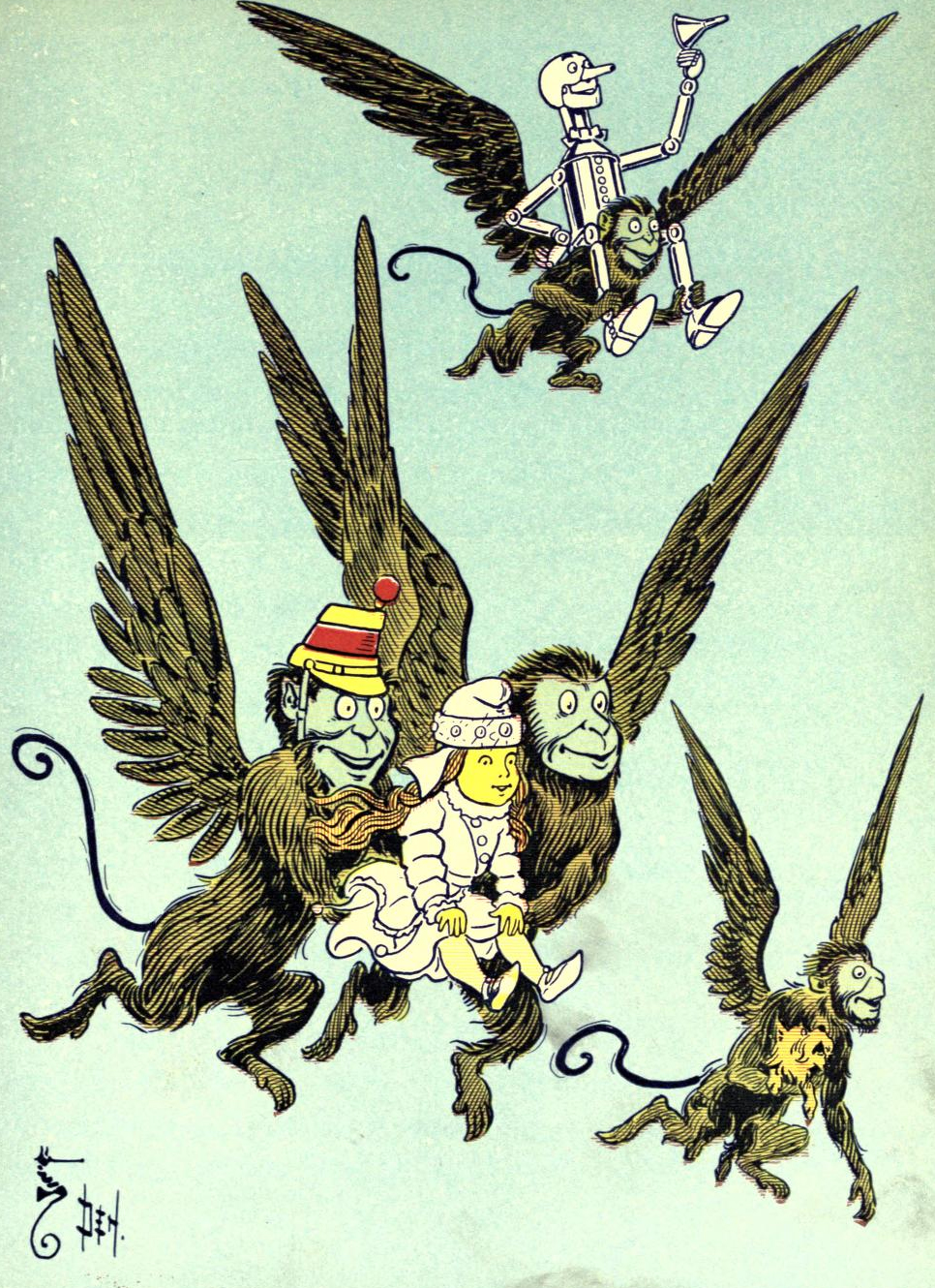

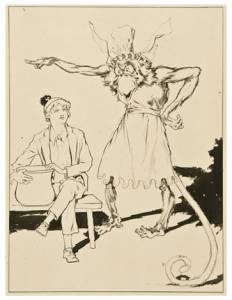
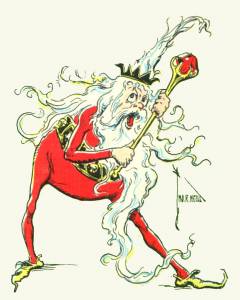
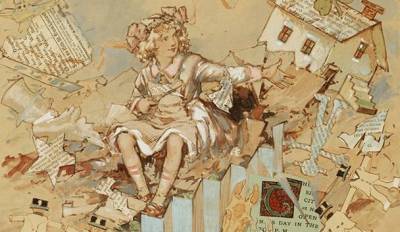
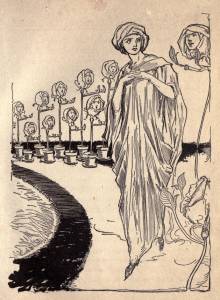



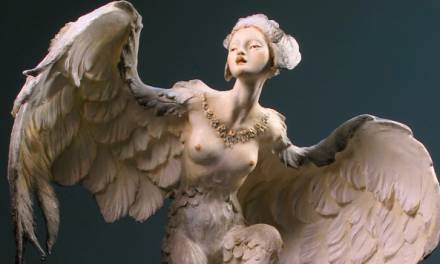
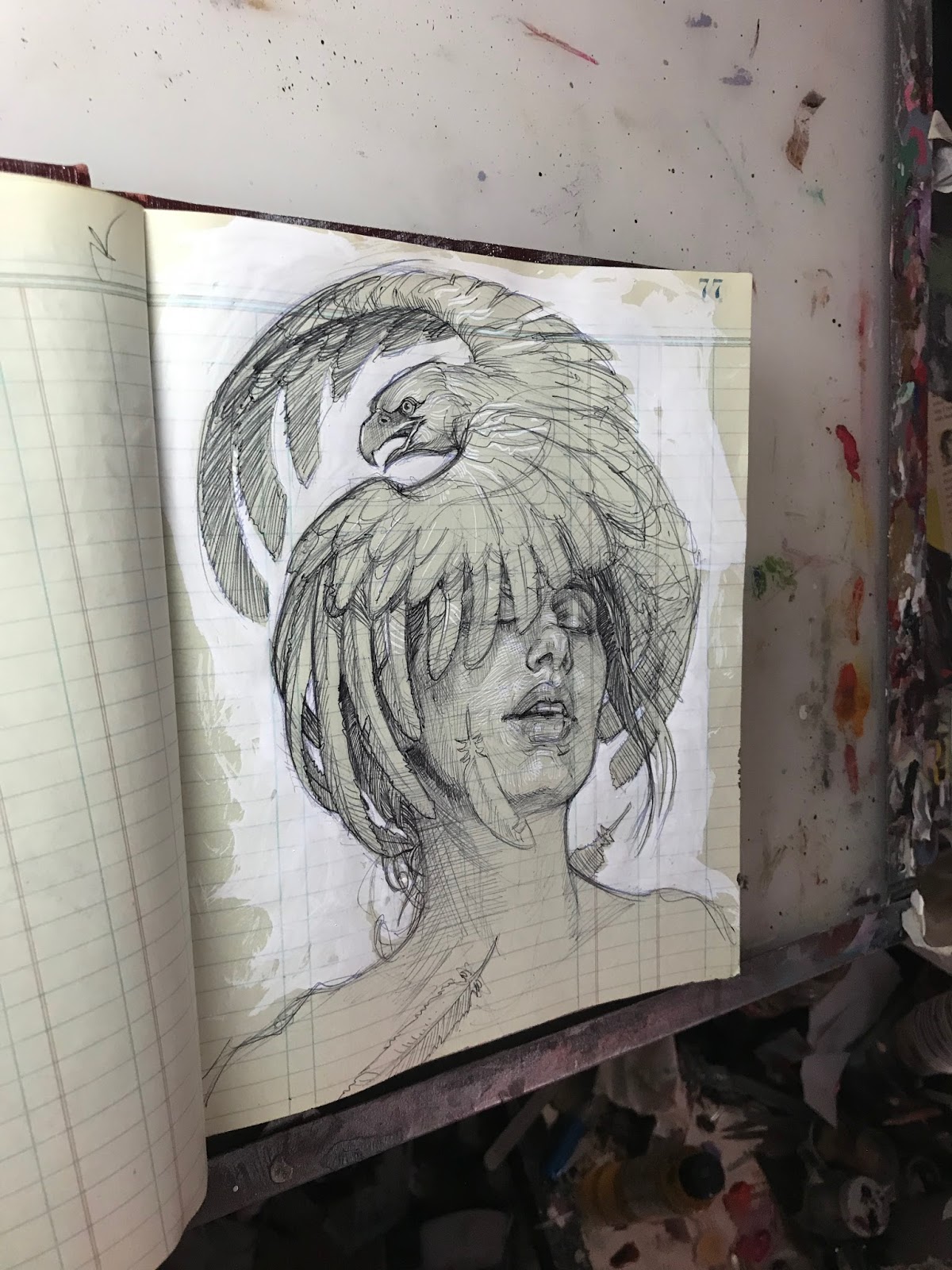
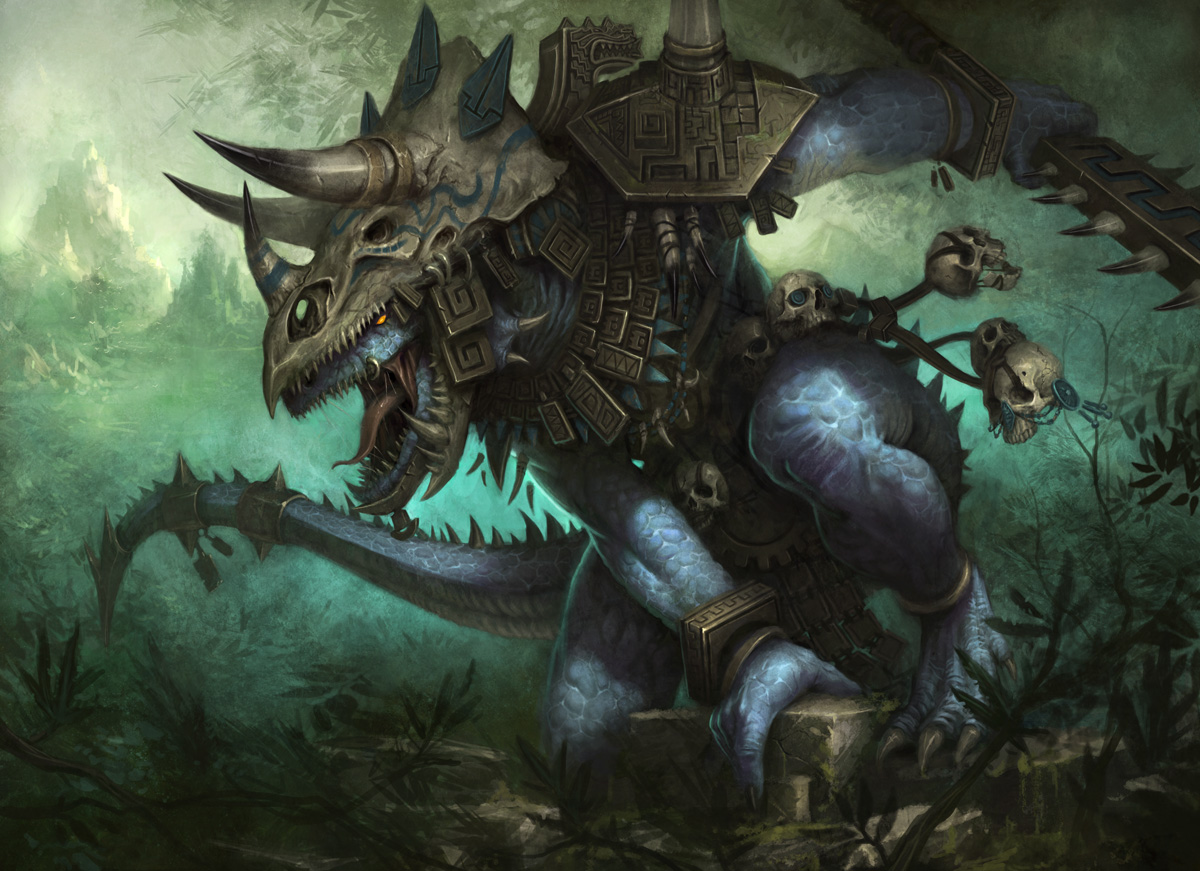
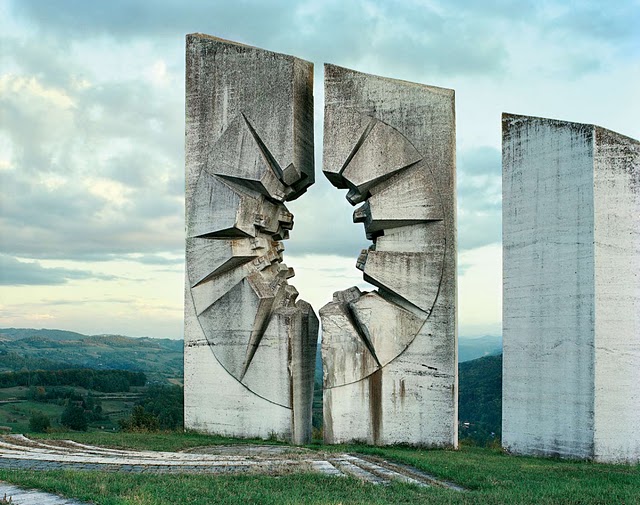
Mr. Ruth, there are some excellent points here. “The rusty razor-bladed edge of our self-checking mechanism” is a vivid, thought-provoking line. Knowing that people can feel this way is both reassuring and exasperating. And I guess that the demon monkey only gets bigger as critical and commercial success increases. Thank you for sharing.
I think it does get worse. The sense of elevation or even financial dependency being a full time working artist creates stakes that can be threatened or lost, and the demon monkey feeds on this particular brand of fear. I also think social media and publicity of any level forces one out of the coziness of the shadows and lays bare all your stuff in an invasive way, but also again raises the stakes for screwing up. We all screw up and that’s just more food for it- make those errors bigger by having more eyes on them… can be the price paid for sure.
Thank you, needed to read this today. Been wondering lately why, when it seems like things are finally on an upward trajectory and in some moments feel like I’ve finally got “my thing” in my work and that others are starting to recognize it…that in other moments I’m more terrified than I’ve ever been before. Worried I’m gonna fuck it up, that I’m wrong about it headed anyplace good, and also don’t forget how long it took to get here you screw up…
I really admire your work and I’m sorry to hear you feel this way too, but I’m also relieved that you feel this way too.
Thank you for taking the time to write this Greg.
Great article Greg, and so great to hear it from someone of your creative skill.
I makes me curious if this has nothing to do with the cultural conditioning of always needing to be better than someone else. Having watched Netflix’s ‘The Creative mind’ yesterday evening, I wonder if one of the advices to improve our creative work: “be prepared to fail”, also has some relation to this as in the creative needs to be willing to put himself out there and not listen to that little inner demon. If you fail, you learn from it.
Anyway, thanks for the article